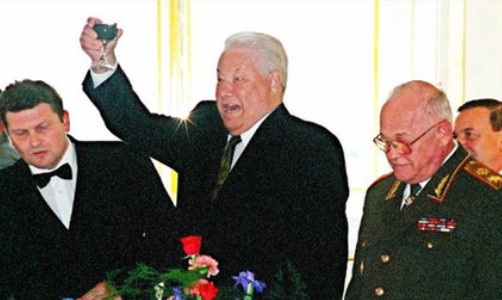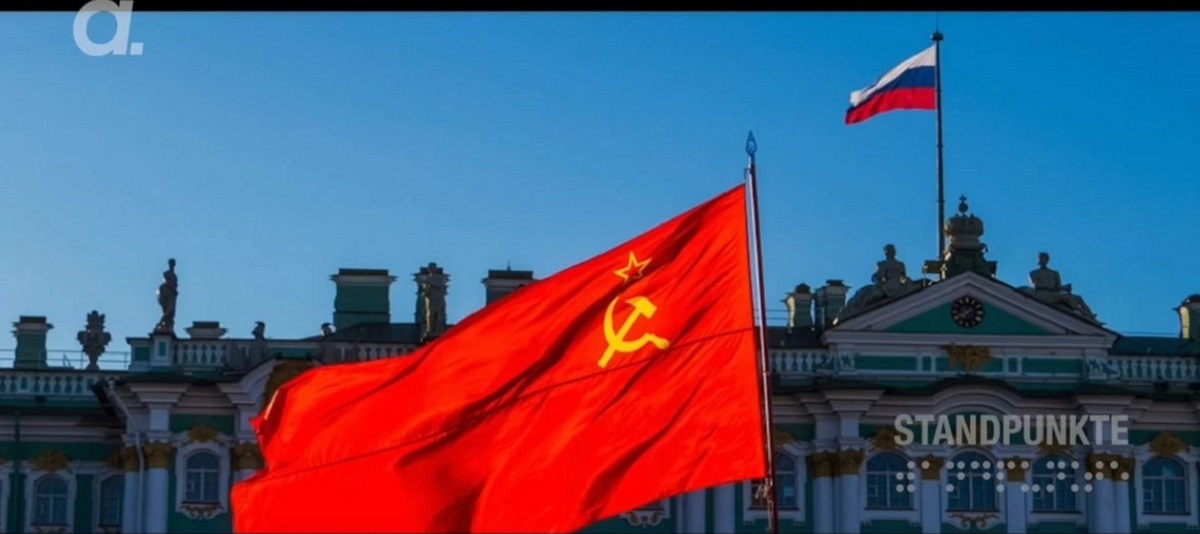Wroclaw / Poland 3/13/2022
This post was inspired by a German-language article on the German-language portal apolut.net.
Many of us wonder why a dictator like Putin was able to get 70% of the voter support in the elections? Some explain this with voter fraud. Perhaps it would not be so difficult in a country that has never known democracy. For comparison, it is worth considering the “exemplarily fair” elections of the last US presidential election in 2020. However, I do not know whether the electoral fraud was necessary. There are other arguments that explain why the average Russian will willingly, and even in the future, vote for him.
Little is known about the situation in Russia during Yeltsin’s rule. So I will try to fill this gap at least to a small extent.
Never have so many people lost their lives in such a short time without major famines, epidemics or wars. By 1998, over 80 percent of Russia’s farms were bankrupt and some 70,000 state-owned factories were closed, leading to an epidemic of unemployment. In 1989, before shock therapy, two million people lived in poverty in the Russian Federation… According to the World Bank, when the shock therapists administered their ‘bitter pills’ in the mid-1990s, 74 million Russians were living below the poverty line, which means that the Russian ‘economic reforms’ were responsible for the impoverishment of 72 million people in just eight years. …
At that time it happened that mafia people visited apartment owners in Moscow, St. Petersburg or other big cities of Russia. This owner had 30 seconds to sign the waiver of ownership. Otherwise, after a shot in the knee or in the calf, they signed these “contracts” anyway. If they could still afford treatment, they could of course report it to the police after rehabilitation. Except that many police officers were paid by the mafia and ended up arresting such an “adventurer”.
During the Cold War, the widespread alcohol abuse in the USSR was seen in the West as evidence that life under Communism was so bleak that Russians needed copious amounts of vodka to get through the day. Under capitalism, however, Russians are drinking more than twice as much alcohol as they used to – and they’re also using harder narcotics. Between 1994 and 2004 the number of addicts increased by 900 percent to over four million, many of whom are heroin addicts.
These are slow ways of dying, but there are also fast ones. As soon as shock therapy was launched in 1992, Russia’s already high suicide rate began to rise: by 1994, at the height of Yeltsin’s ‘reforms’, it was nearly double the eight years earlier. Russians were now killing each other far more often: violent crime had more than quadrupled in 1994.
Oh yes, and corruption did indeed exist – but it was mainly brought into the country by western consultants and economic fortune-tellers. Some of these young economists from American elite universities have been able to earn a living by founding flimsy investment offices.

The difference between Yeltsin and Putin for Russia itself was the end of mafia rule and the sale of Russia, mainly to Americans, and the establishment of the current ruler’s own dictatorship. However, this dictatorship is a paradise for many Russians if they remember the 90s of the last century.
I’ve never liked arguing that someone who has a lot of money is automatically guilty. However, I would like to know what “job” did Putin do to make his billions? This question should be asked of many people who want to make an impact on our lives around the world.
Author of the article: Marek Wojcik
